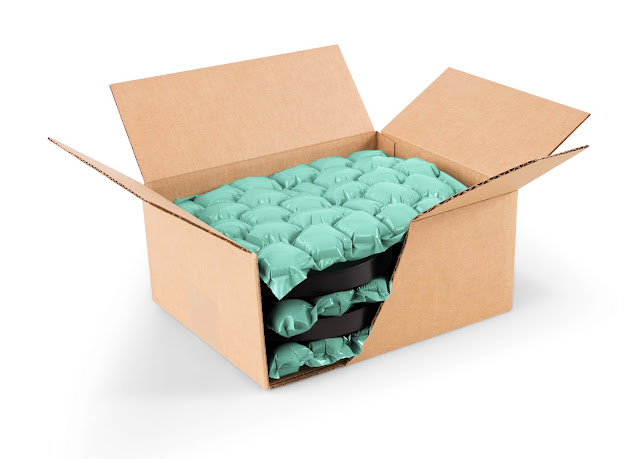Protective packaging refers to a wide range of materials, products, and systems designed to protect products during transportation and storage. These materials protect goods from damage caused by impact, shock, vibration, moisture, and other environmental factors. They are essential for ensuring that goods get to their destination in the same shape as when they were shipped, preventing waste, and reducing the costs associated with product damage.
The question of
whether or not we need protective packaging is an important one, and the answer
is a resounding yes. Just a few of the reasons why are:
Protection of
Valuable Products
Protective packaging
is essential for protecting valuable products during transportation and
storage. Products that are delicate, fragile, or easily damaged can be
protected from damage caused by impact, shock, vibration, and other
environmental factors. For example, electronic products, glassware, and
ceramics can be protected from damage during shipping using protective packaging materials, such as foam, bubble wrap, and
airbags.
Reduction of
Product Damage
Protective packaging
can significantly reduce the amount of product damage that occurs during
transportation and storage. This is particularly important for products that
are easily damaged, as well as for products that are being shipped over long
distances. By protecting products from damage, companies can reduce the costs
associated with product returns and repairs and ensure that customers receive
high-quality products that meet their expectations.
Improved Customer
Satisfaction
Protective packaging
can also improve customer satisfaction by ensuring that products arrive at
their destination in the same condition as when shipped. Customers expect their
products to be delivered in good condition, and by using protective packaging,
companies can demonstrate their commitment to quality and customer
satisfaction. This, in turn, can help to build brand loyalty and increase
customer retention.
Increased
Productivity
Protective packaging
can also increase productivity by reducing the time and resources required to
handle damaged products. For example, if a product is damaged during
transportation, it may need to be returned to the manufacturer for repair or
replacement. This can be time-consuming and costly and lead to delivery delays
and reduced customer satisfaction. By using protective packaging, companies can
minimize the risk of product damage and reduce the costs associated with
handling damaged products.
Environmental
Benefits
Protective packaging
also has environmental benefits, as it helps to reduce waste by preventing
products from being damaged during transportation and storage. This can reduce
the amount of trash made and help conserve resources. Additionally, many
protective packaging materials are made from recyclable or biodegradable
materials, which can help reduce packaging waste's environmental impact.
In conclusion,
protective packaging is essential to any supply chain and protects valuable
products during transportation and storage. By reducing product damage,
improving customer satisfaction, increasing productivity, and providing
environmental benefits, protective packaging can help companies to achieve
their business goals and improve their bottom line. Whether you are shipping
delicate electronics, fragile glassware, or any other product, it is important
to consider the benefits of the protective packaging and invest in the materials
and systems that will best protect your products and meet your specific needs.
If you want to buy any
type of protective packaging then we
recommend you to buy it from Britwrap.

Comments
Post a Comment